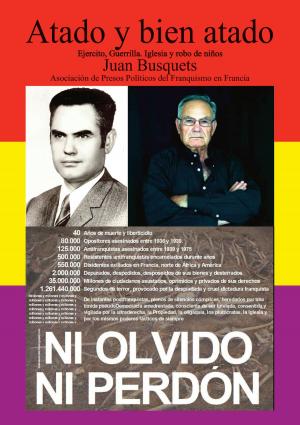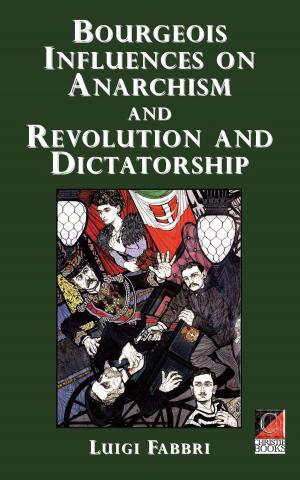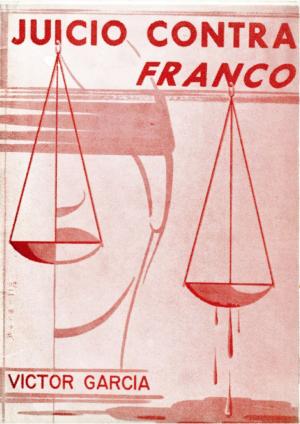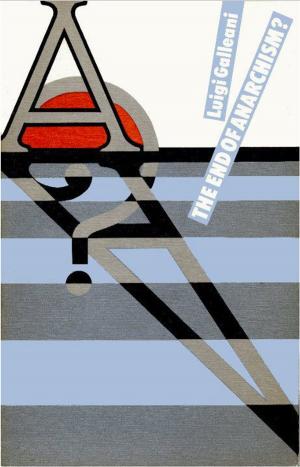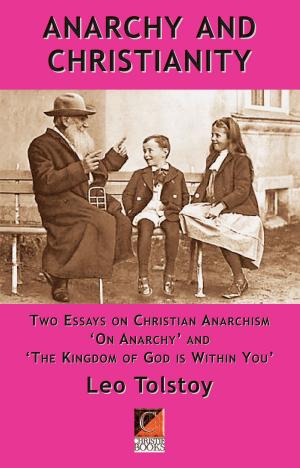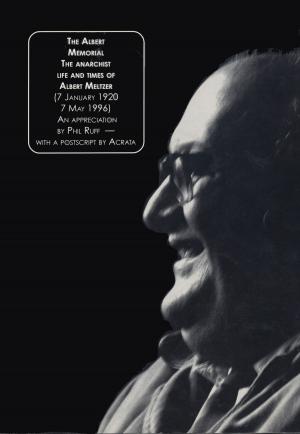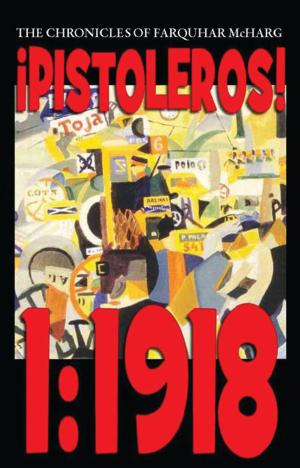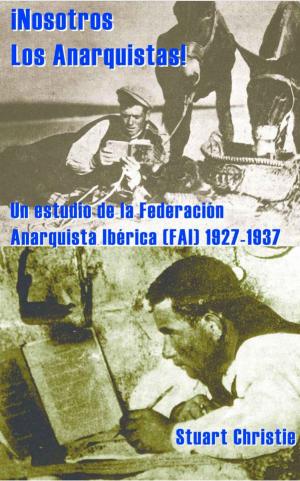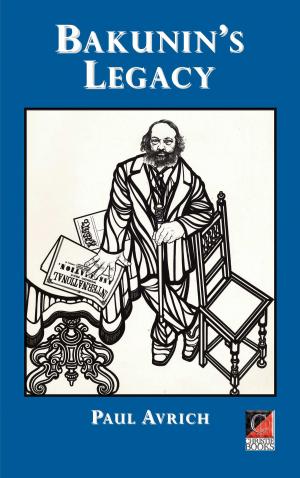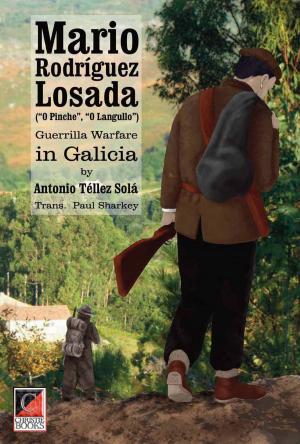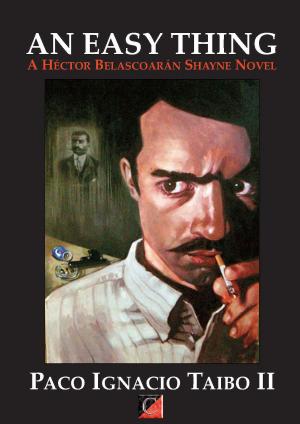ANARCHIST CINEMA DURING THE SPANISH REVOLUTION AND CIVIL WAR.
Nonfiction, History, Revolutionary, Spain & Portugal, Biography & Memoir, Political| Author: | Emeterio Díez | ISBN: | 1230000273672 |
| Publisher: | ChristieBooks | Publication: | October 12, 2014 |
| Imprint: | ChristieBooks | Language: | English |
| Author: | Emeterio Díez |
| ISBN: | 1230000273672 |
| Publisher: | ChristieBooks |
| Publication: | October 12, 2014 |
| Imprint: | ChristieBooks |
| Language: | English |
‘Pedagogical imperatives also come to the fore within Emeterio Diez’s discussion of the role of film in the Spanish Revolution and Civil War. The films of the CNT-FAI, in addition to having performed the traditional functions of agitation and propaganda traditionally embraced by a political faction during wartime, are now important documents that illuminate the anarchist experiments in self-management during the early days of revolutionary upheaval. Diez’s discussion of the anarchist “socialisation” of the Spanish film industry — particularly attempts to assert workers’ control over the realms of production and exhibition — is the most complete treatment of the subject I am aware of. While Diez ultimately pinpoints major contradictions that stymied the socialisation process (which included internecine conflicts among the anarchists themselves and the cinemas’ dependence upon Hollywood film which clashed blatantly with the CNT-FAI’s revolutionary ethos), his article nevertheless chronicles a seminal utopian moment in the history of the anarchist movement.’
Richard Porton, author of Film and the Anarchist Imagination, teaches cinema studies at New York University, writes on film for a variety of publications, and is on the editorial board of Cineaste.
‘Pedagogical imperatives also come to the fore within Emeterio Diez’s discussion of the role of film in the Spanish Revolution and Civil War. The films of the CNT-FAI, in addition to having performed the traditional functions of agitation and propaganda traditionally embraced by a political faction during wartime, are now important documents that illuminate the anarchist experiments in self-management during the early days of revolutionary upheaval. Diez’s discussion of the anarchist “socialisation” of the Spanish film industry — particularly attempts to assert workers’ control over the realms of production and exhibition — is the most complete treatment of the subject I am aware of. While Diez ultimately pinpoints major contradictions that stymied the socialisation process (which included internecine conflicts among the anarchists themselves and the cinemas’ dependence upon Hollywood film which clashed blatantly with the CNT-FAI’s revolutionary ethos), his article nevertheless chronicles a seminal utopian moment in the history of the anarchist movement.’
Richard Porton, author of Film and the Anarchist Imagination, teaches cinema studies at New York University, writes on film for a variety of publications, and is on the editorial board of Cineaste.

